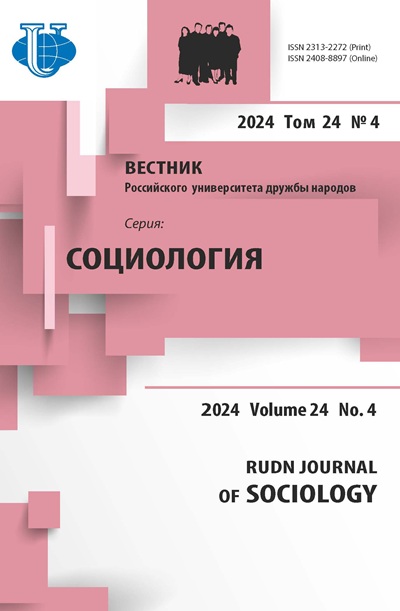Abstract
Such a formulation of the question as labor productivity in the context of higher education may seems unusual and controversial, since in most cases this issue is considered in the analysis of economic problems, of the use of such resources in production as the improvement of technology, equipment and management, working conditions and organization. However, this list of means for increasing labor productivity should include an analysis of the preliminary stages at which future specialists begin to develop a set of qualities for productive work - educational process in all its diversity, which receives insufficient attention. The article identifies the forms of participation of Russian universities in solving one of the central tasks in increasing the efficiency of the economy - training future specialists for productive work. As a rule, the concepts ‘productive labor’ and ‘labor productivity’ are used in relation to the real production, as evidenced by numerous studies, technological and economic policies, and actual production activity. The article shows that for the implementation of the national program “Labor Productivity and Employment” the preparatory stage for solving this problem is especially important, which involves a radical reconstruction of the universities’ strategies for training students for future work: career guidance, professional selection, professional practice, and professional adaptation. The author considers these forms of the higher education participation in solving problems of labor productivity and productive labor referring to the research conducted by the Institute of Sociology of the Federal Center of Theoretical and Applied Sociology of the Russian Academy of Sciences and by the Russian State University for the Humanities and to the conclusions and suggestions of scientists, teachers and practitioners who studied, applied and/or summarized the experience of students’ preparation for future professional life.














